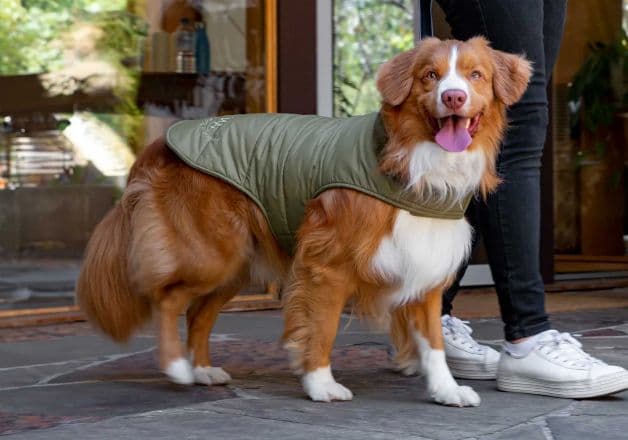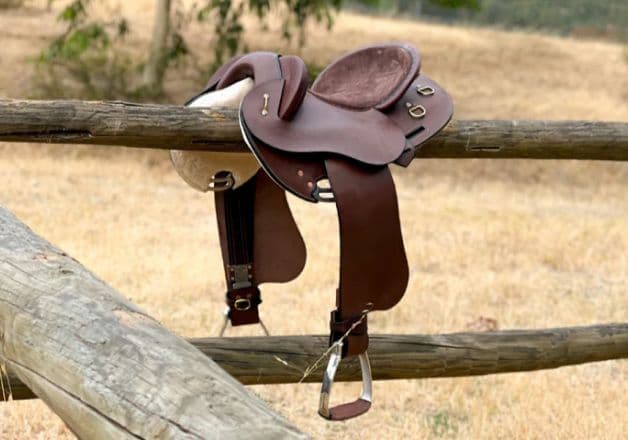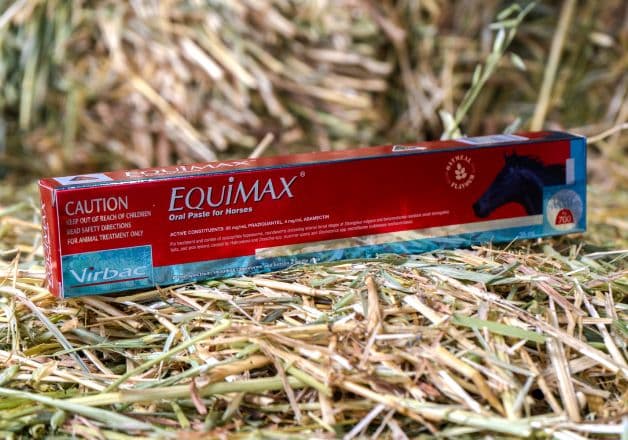
Essential Equipment to Protect Your Horse From Flies
Flies and other insects are a common annoyance for horses, especially during summer. Caribu has a range of horse wear and tools that can make your horse more comfortable, and keep them protected from bites and irritation.
Horse masks and fly bonnets
A safe and convenient way to protect the head of your horse is with a fly bonnet, with most bonnets keeping the ears, eyes and the nose covered.
When selecting a fly bonnet or mask, consider the environment the horse is kept in and whether the whole head or just the eyes need protecting. A bonnet which includes the ears will give a lot more relief to a horse who is bothered by insects in this area but may irritate a horse who does not need it.
Nose flaps are helpful not only to keep insects off this delicate area but also to give sun protection. Nose flaps on a mask or fly bonnet should only ever made of mesh to ensure if it does get wet and cover the nostril the horse can still breathe. A benefit of a mask or fly bonnet being separate is it can be easily and quickly removed in the evening. Take care when leaving eye covers on a horse at night or in the rain as they can impede their vision. Like anything new, it is best to try the bonnet on the horse in supervised and familiar surroundings to get used to the new item.
Mesh fly boots
Mesh fly boots create sturdy fly and insect protection for your horse's legs, creating a physical barrier around your horse's legs to give them relief from bites and irritation. A soft but firm mesh with neoprene lining on the seams will help prevent rubbing. It is important to ensure the mesh fly boots fit well and still allow correct movement of the fetlock joint.
Topical insect sprays
Topical insect sprays are a great way to deter flies and insects from annoying your horse. There are various types available from those with natural ingredients such as citronella, lavender and neem oil to more permethrin based insecticidal sprays which in some instances may be more effective. For horses who don't like masks, a cream based application may be more suitable than sprays around the horses face. Take care not to apply these above the eyes or inside the delicate nostril or mouth area.
Supplements and food
What you feed and offer as supplements to your horse may also determine how attractive they are to flying insects. Sweet additives such as molasses are thought to attract mosquitoes in particular. Adding apple cider vinegar, garlic and other sulphur rich additives are often used to keep insects at bay, but it is recommended to consult with an equine herbalist or your vet before adding them to your horse's feeding regime.
For treatments to prevent or alleviate irritation from insects, explore Caribu's range of fly protection equipment.


